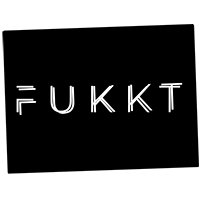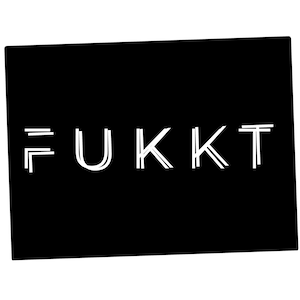Philomena Cunk: Satire in the Age of Anti-Intellectualism
Philomena Cunk’s absurdly confident ignorance is both hilarious and revealing—because in a world where misinformation thrives, certainty often matters more than truth.

Why Cunk is a perfect satirist for our times
Cunk is absurd. Cunk is brilliant. Cunk is also a mirror. The straight-faced idiocy Diane Morgan delivers as Philomena Cunk is funny, yes — but the joke works because it reveals how little separates her nonsense from what actually passes as authority today.
In an age where confidence regularly outruns knowledge, Cunk exaggerates the dynamic until it snaps. She poses ludicrous questions with conviction, and the experts — polite, patient, sometimes bewildered — lean in to explain. The exchange is familiar: a performance of certainty meets the fragility of actual expertise.
This is where the satire cuts. Cunk reminds us that in public life, those who speak the loudest often win by default. She’s parodying a culture that confuses confidence with intelligence — the same dynamic that fuels punditry, influencer misinformation, and the endless churn of “truthiness.”
Why it works now
Anti-intellectualism isn’t a new problem — it stretches from Socrates to Galileo to every modern moment when facts get dismissed as elitism. But today, with misinformation moving faster than correction, satire like Cunk’s feels urgent. By playing the fool, she shows how fragile knowledge really is when it has to compete with certainty.
The gender twist
Cunk being a woman makes the gag sharper. Society still treats women’s intelligence with skepticism, so her cluelessness lands differently than if the role were male. At first she seems naïve, someone to indulge. Only later do we recognize how that bias is fueling the humour — and the critique. She smuggles the satire in under the guise of being underestimated.
The art of Cunk
The genius here is that the act itself functions like conceptual art. It’s not about what’s asked, but about what gets exposed: the awkward, lopsided power dynamic between those who know and those who only sound like they know. Cunk pushes that imbalance into parody until the absurdity becomes undeniable.
In the end, Cunk on Life isn’t just comedy. It’s a slow reveal of how little it takes to bend knowledge, how much we rely on tone over truth, and how fragile expertise has become in “violent times” of another kind.








